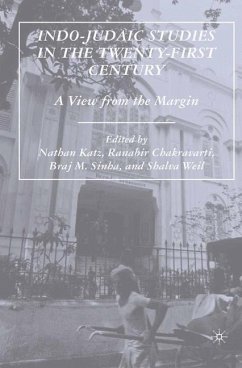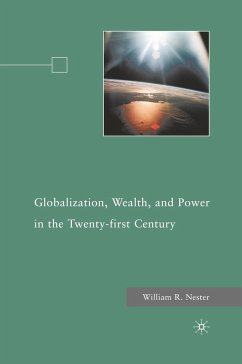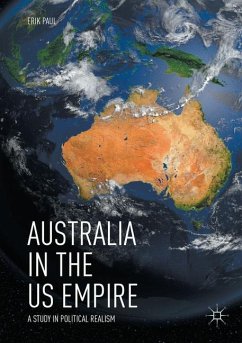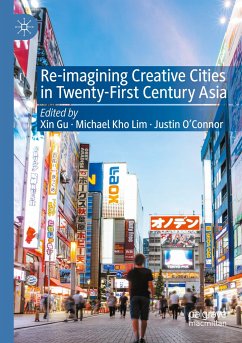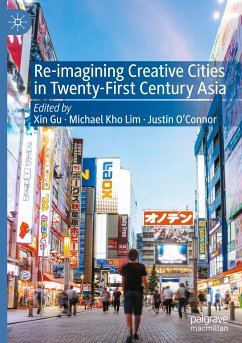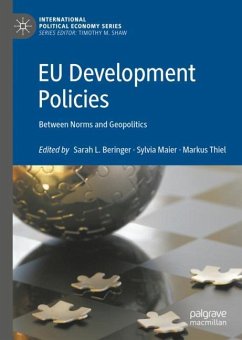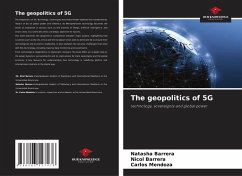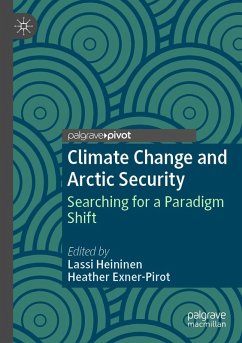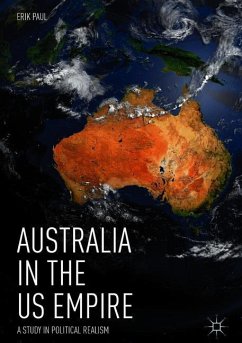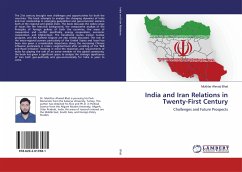
India and Iran Relations in Twenty-First Century
Challenges and Future Prospects
Versandkostenfrei!
Versandfertig in 6-10 Tagen
51,99 €
inkl. MwSt.

PAYBACK Punkte
26 °P sammeln!
The 21st century brought new challenges and opportunities for both the countries. This book attempts to analyze the changing dynamics of India and Iran relationship in emerging geopolitical and geo-economic scenario both at the regional and global levels. The book discusses the wides range of issues like the historical background, the comparative analysis of the Principles of foreign policies of both the countries, the areas of cooperation and conflict specifically, energy cooperation, economic cooperation, and Afghanistan. The transitional routes, Iranian nuclear program, and the Kashmir Disp...
The 21st century brought new challenges and opportunities for both the countries. This book attempts to analyze the changing dynamics of India and Iran relationship in emerging geopolitical and geo-economic scenario both at the regional and global levels. The book discusses the wides range of issues like the historical background, the comparative analysis of the Principles of foreign policies of both the countries, the areas of cooperation and conflict specifically, energy cooperation, economic cooperation, and Afghanistan. The transitional routes, Iranian nuclear program, and the Kashmir Dispute are also widely discussed. The role of the extra-regional powers particularly of the United States and Israel has been also given a considerable importance along the increasing Chinese influence particularly in India's neighborhood after unrolling of the "Belt and Road Initiative". Keeping in mind the objectives and requirements of India for playing the role of an active member of the global community, the book has given a significant space to analyze the strategic significance of Iran both geo-politically and geo-economically for India in years to come.



